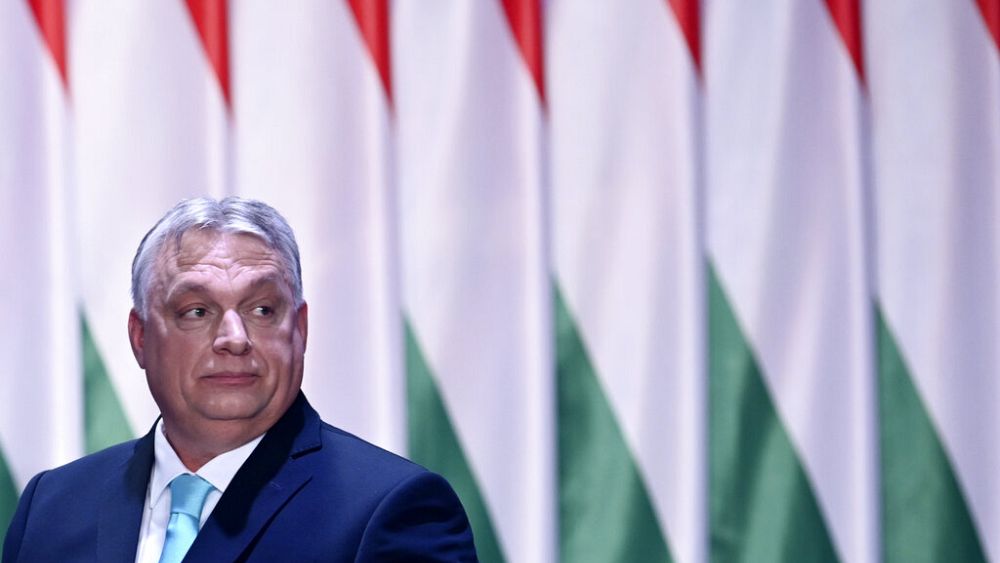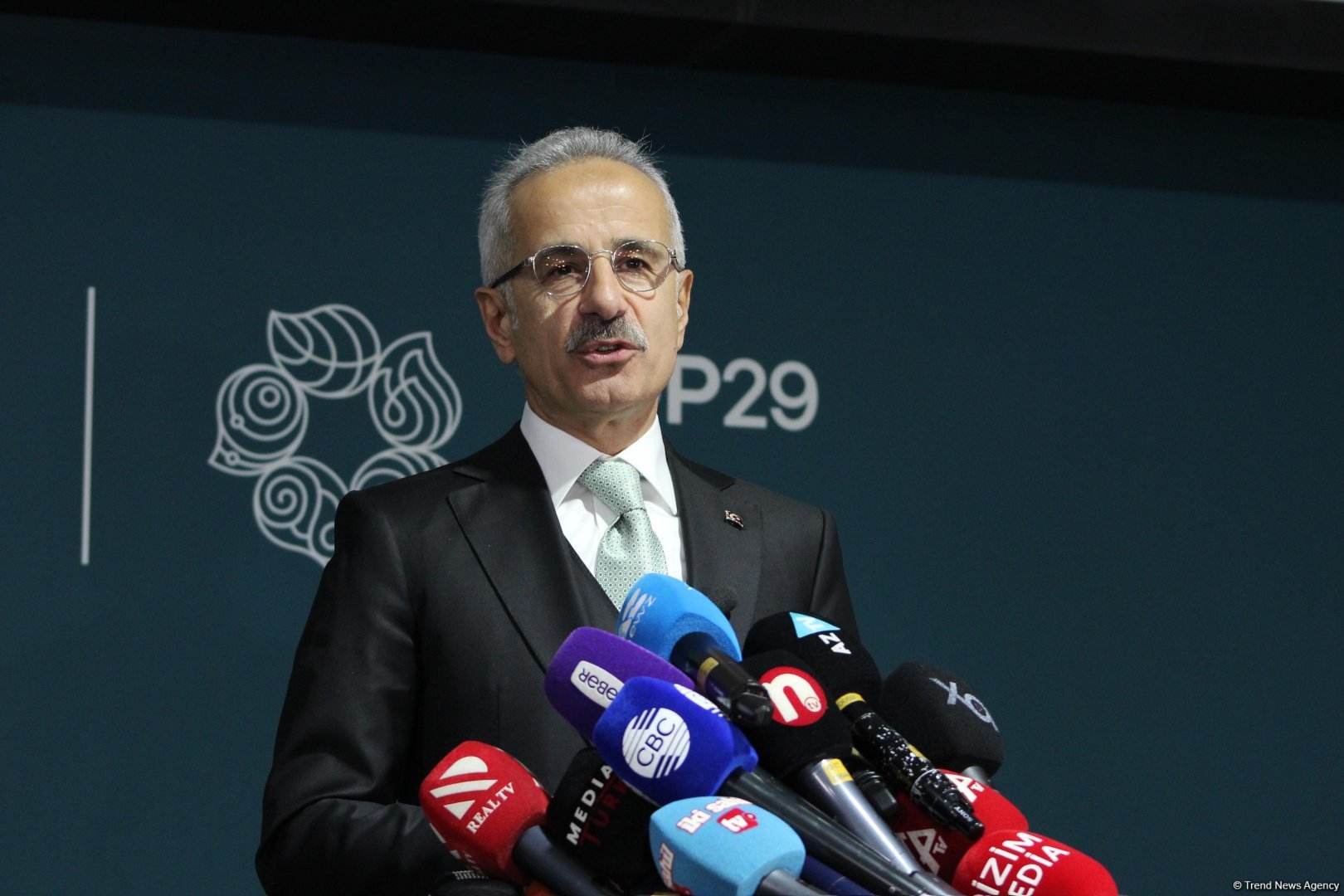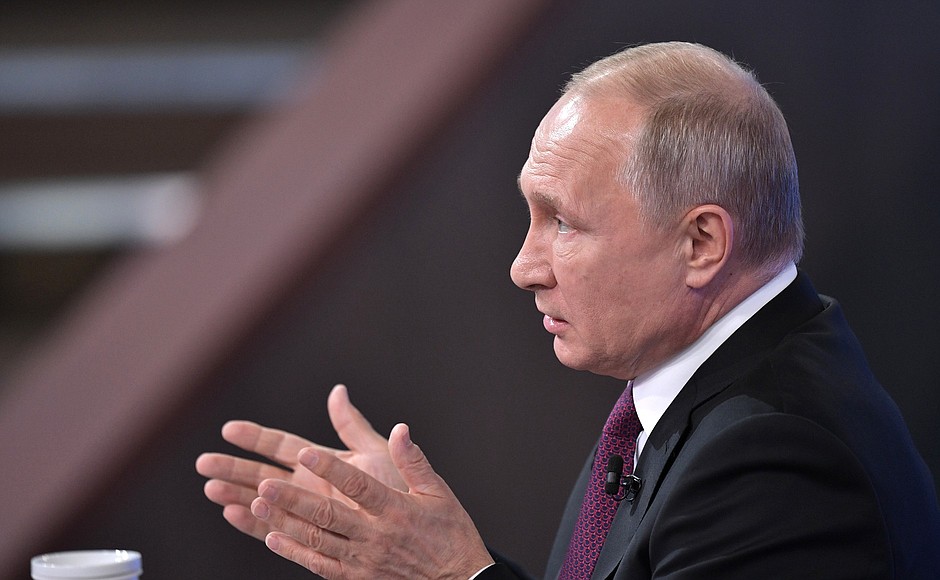Hungary is becoming increasingly isolated within the NATO military alliance. Even before the war in Ukraine, Prime Minister Viktor Orbán went against the grain compared to other European Union countries.
But he has since lost his most important patron: Poland.
In a speech in February, in which he referenced World War II, Orbán admitted that he had run out of allies: “The other countries thought that if the Germans could not resist so much external pressure, they wouldn’t be able to either”.
“So, they moved from the peace camp to the war camp. That leaves just us two: Hungary and the Vatican,” he added.
Budapest has continuously tried to postpone the ratification of Sweden and Finland’s NATO accession. According to Péter Krekó, the CEO of the think tank Political Capital, this delay makes the country more isolated than ever.
“It seems quite clear that while Hungary is not receiving EU funds, it is teaching a lesson to Finland and Sweden, two member states who have often criticised Hungary for democratic backwardness,” he said. “In some ways, they are also being blackmailed by Hungary.”
Zoltán Szenes, a lecturer at the National University of Public Service and former chief of staff for the Hungarian Defence Forces, believes that Budapest’s attempts to block ministerial-level meetings of the NATO-Ukraine committee could be another point of contention.
“From an alliance perspective, this delay is a technical issue,” he said. “The real issue is how we can resolve the situation with Ukraine. There is a lot of pressure on the Ukrainians. They are now amending laws according to EU requirements.
“So I think this issue will be on the agenda in the coming period, and then maybe this sore point with NATO will be resolved.”
As things stand, Hungary’s parliament will vote in late March on whether to support Sweden and Finland’s accession to NATO. Officially, the government is communicating support for the proposal submitted last July.





















Discussion about this post